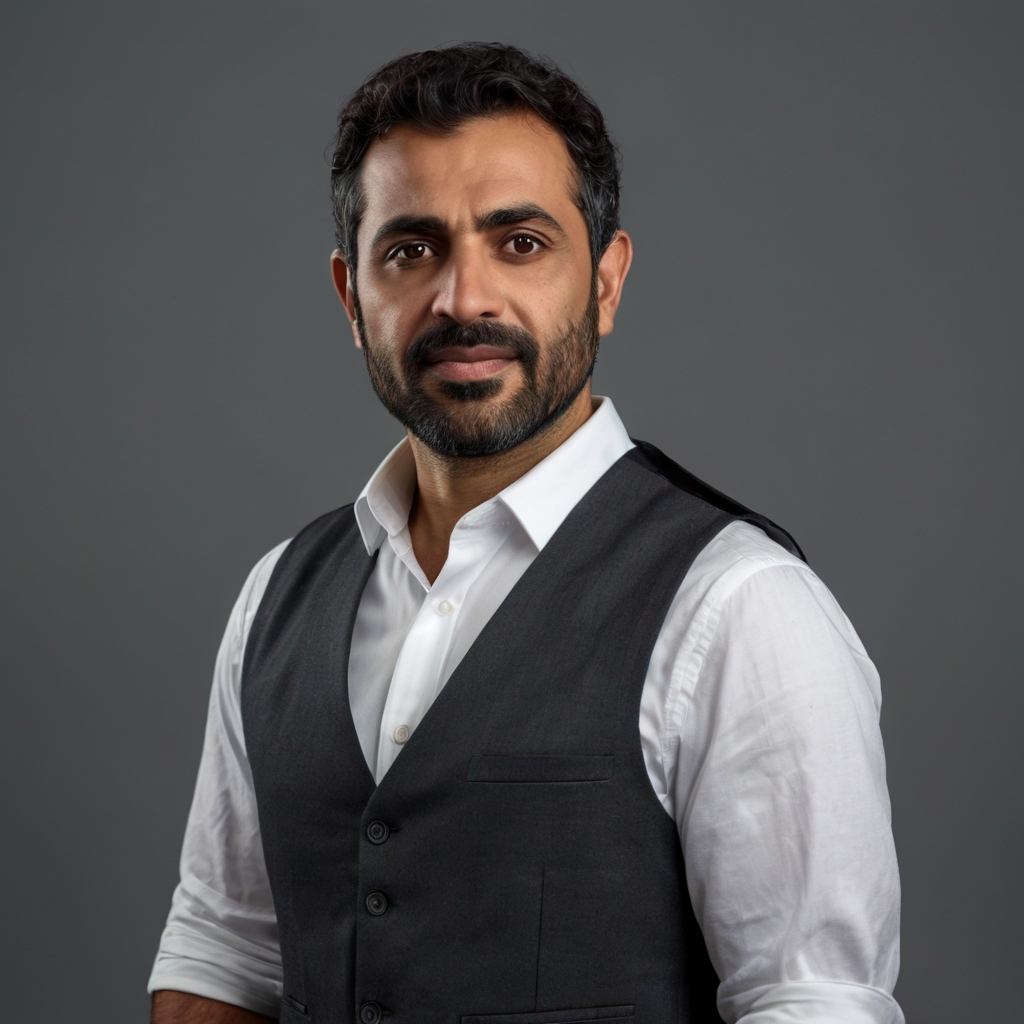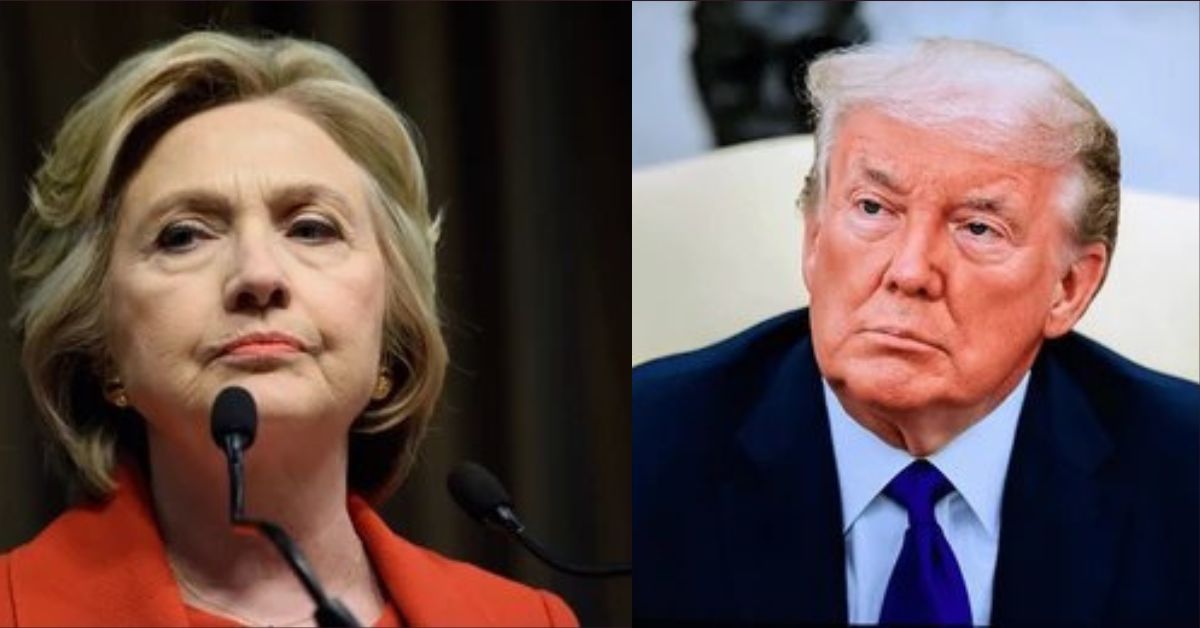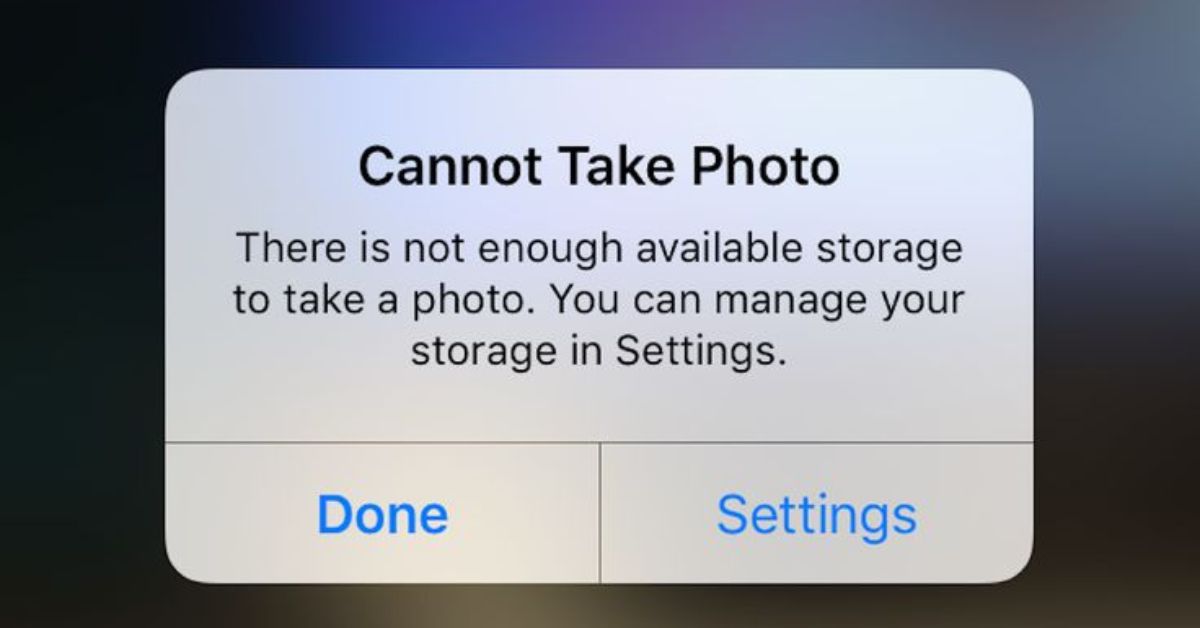ANCHORAGE, Alaska — In a stunning turn, former Secretary of State Hillary Clinton announced on Friday, August 15, 2025, that she would nominate President Donald Trump for a Nobel Peace Prize if he successfully negotiates an end to the Ukraine war without allowing Russia to seize Ukrainian territory. Speaking on the Raging Moderates podcast with host Jessica Tarlov, Clinton, Trump’s 2016 election rival, laid out her conditions for the unexpected endorsement. “Honestly, if he could bring about the end to this terrible war, if he could end it without putting Ukraine in a position where it had to concede its territory to the aggressor, could really stand up to Putin something we haven’t seen, but maybe this is the opportunity if President Trump were the architect of that, I’d nominate him for a Nobel Peace Prize,” she told Newsweek.
Clinton’s remarks, made hours before Trump’s high-stakes summit with Russian President Vladimir Putin at Joint Base Elmendorf-Richardson in Anchorage, underscore her priority to avoid “capitulation to Putin.” The statement marks a sharp departure from her years of fierce criticism, including her 2016 campaign jab labeling Trump’s supporters a “basket of deplorables” and calling him “temperamentally unfit” for the presidency. As recently as February, she described his administration as “dumb” in a New York Times op-ed, accusing it of weakening America’s global standing.
Trump, en route to Alaska, expressed confidence in the talks, estimating a mere 25% chance of failure. He has suggested a potential second meeting with Ukrainian President Volodymyr Zelenskyy to further negotiations, though no firm plans have been confirmed. The summit, a focal point of Trump’s self-styled “peacemaker” agenda, follows months of diplomatic efforts to resolve the three-year conflict sparked by Russia’s 2022 invasion. Clinton’s conditional support, while surprising, aligns with her long-standing advocacy for European security and resistance to Russian aggression.
As the Anchorage talks unfold, Clinton’s remarks have stirred debate, with some seeing them as a pragmatic nod to peace, others as a strategic softening of her anti-Trump stance. For now, the prospect of a Nobel-worthy deal remains uncertain, with both sides far from an agreement.
Source: Newsweek
Author
-

Tyler Grayson brings global events to your screen with clarity, depth, and context. With a background in political science and international relations, Tyler covers diplomacy, global conflicts, climate issues, and major policy shifts with a balanced, facts-first approach. His reporting connects the dots between headlines and their real-world impact.







